The other side of Brexit
After three years of confusion and turmoil, the UK is on the brink of leaving European Union. So OEMs with operations based there have decisions to make
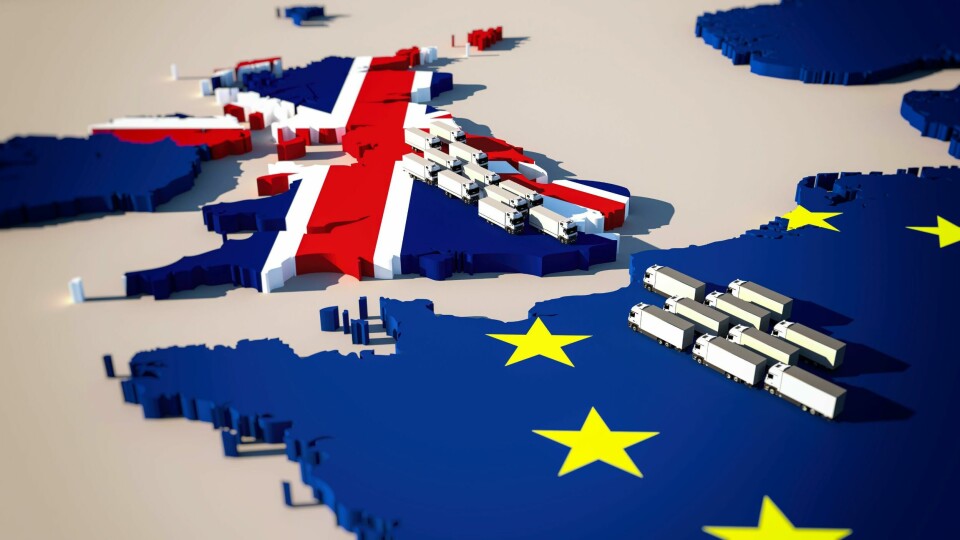
Senior management in the headquarters of vehicle production and retail in the UK look at the Brexit-riven nation from two angles; the first focuses on the potential impact of Brexit on UK manufacturing operations; the second looks at how UK sales of European-made models will be impacted. Imported vehicle volumes will be impacted by any further decline in the UK market and the expected fall in sterling that would follow Brexit, and the consequences for the price of cars to UK consumers.
It’s more than three-and-a-half years since the referendum but it has taken until this month for the Withdrawal Agreement Bill to be passed. Yet, if a free trade agreement has not been concluded by the end of 2020, and – more significantly – if the UK government does not formally request an extension to the agreed transition period by July 2020, then an effective crash out with no deal would happen on December 31, 2020.
With this in mind, what are the issues facing the international vehicle companies when deciding on the next steps for their UK operations?
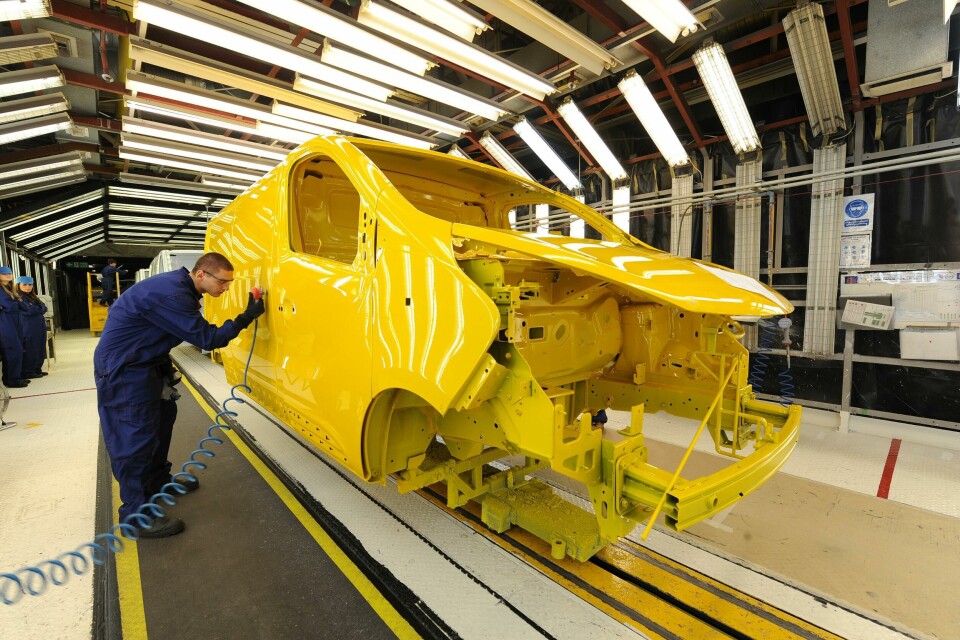
Groupe PSA-Vauxhall
The owner of Vauxhall has two UK factories, as well as a strong market presence. Interestingly, as almost all the Astra cars made in Ellesmere Port are now exported, the Vauxhall brand is in the somewhat off position of being a British brand with virtually all the cars it sells in the UK produced outside the UK. UK sales of the Vivaro van come almost entirely from Luton, although under the previous Renault joint venture the largest Vivaros came from France (due to limitations in the paintshop in Luton); and in the future, Vivaros with electric or electrified powertrains will come from France too.
Carlos Tavares, PSA’s CEO, has said that Ellesmere Port will be allocated some of the new Astra, subject to the eventual Brexit deal allowing PSA to make vehicles there on an economic basis. The continued delay to the UK’s departure from the EU has, in turn, led to a delay in the final confirmation, either way, as to what will happen at Ellesmere Port. It is possible, although unlikely, that in the event of a ‘no deal’ Brexit PSA could decide to make Ellesmere Port into a kit plant for PSA group models for the UK market. That would get around the 10% import duty on vehicles and, assuming the government continues with its initial plans for zero-rating imported components, there may be a case for this – PSA brands have traditionally sold over 200,000 vehicles in the C-segment for cars and crossovers, so if these were all made on the same EMP2 platform then a single CKD plant could be viable, although it would go against recent practice in the industry.
With the van plant at Luton, PSA is in an interesting position; Luton has just started to make the new Vivaro, and Peugeot and Citroën equivalents too. Some of the Luton output will also be exported. The lead plant for this programme, at Hordain in northern France, does not have enough capacity to make all the vans the four plants are expected to sell. However, the expected merger between PSA and FCA will mean that the enlarged group will soon have four van factories – the existing PSA Opel Gliwice plant in Poland is due to be converted to make large vans, similar to those already made by Fiat in Val di Sangro in Italy. Across the four plants (Luton, Hordain, Gliwice and Val di Sangro) there would be at least 550,000 units’ annual capacity; scale economies suggest that really PSA would probably prefer just two plants, possibly with a third for peak-load capacity or for making special vehicles and conversions. The implications for Luton are unclear but warning signs exist.
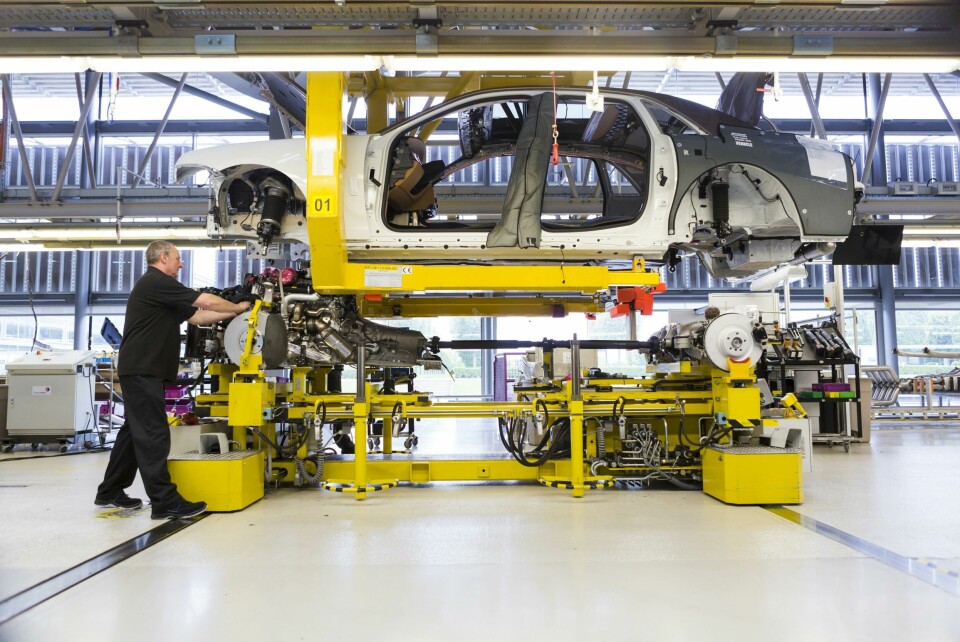
BMW
While BMW’s Rolls-Royce operations will likely continue much as they are now, with bodies shipped in from Germany and the vehicles assembled in Goodwood, the situation facing the Mini operations is less certain. BMW’s engine factory in Birmingham will continue to supply the Mini factory in Oxford and also in the Mini assembly plant in the Netherlands, but a change in model and variant allocations in the long run in the event of a ‘no deal’ or ‘hard’ Brexit seem inevitable. The next Mini will be made on BMW’s FAAR platform and it is likely that Oxford will be reconfigured to make all variants on this platform, and potentially some BMW 1-series models too; it would be allocated the UK and non-EU sales markets with EU and EU-FTA markets supplied either from The Netherlands, or another BMW plant in Europe, probably the new factory under construction at Debrecen in Hungary.
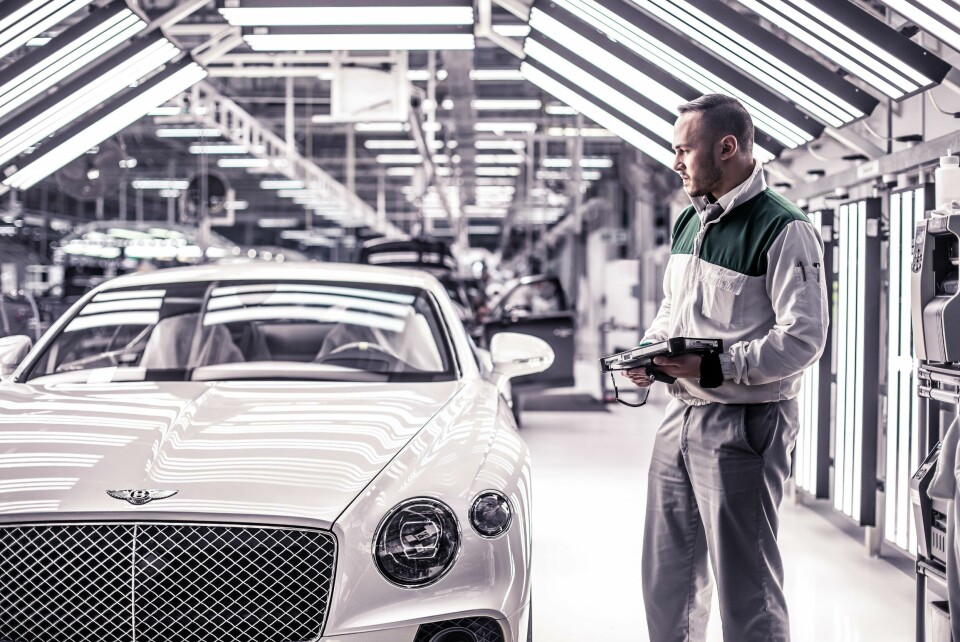
Volkswagen
Just as Rolls-Royce bodies come from Germany, most Bentley bodies come from Europe, either Germany or Slovakia; some even arrive painted. On balance it seems implausible for Bentley production to shift entirely out of the UK, but it is worth noting that the VW plant in Dresden has made Bentley Continentals in the past, so it could well do in the future. Bentley’s Crewe plant is highly unlikely to close but equally it is unlikely to grow post Brexit.
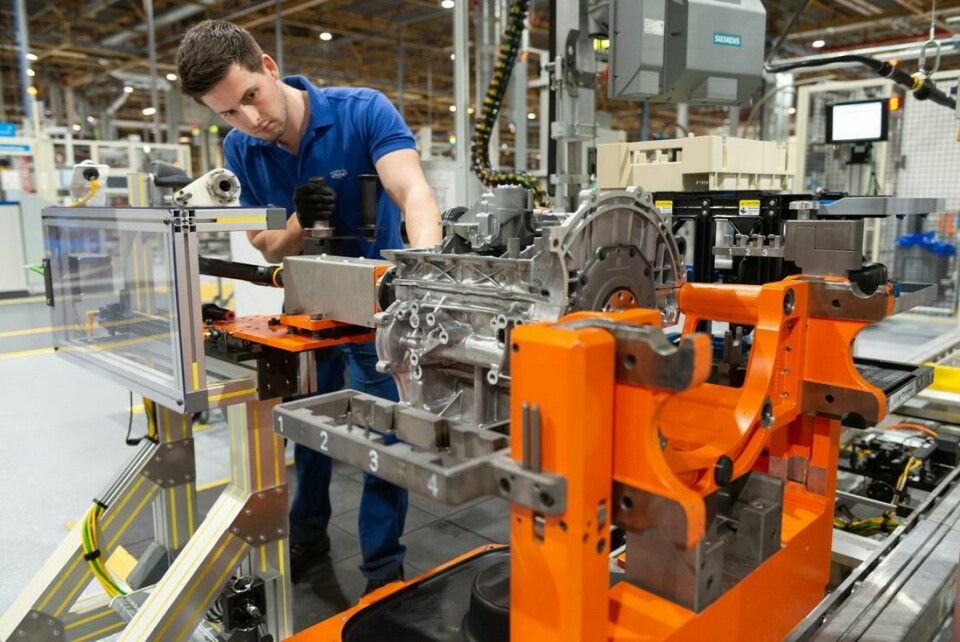
Ford
With no Ford vehicles made in the UK anymore and the petrol engine plant in Bridgend due to close, Ford’s UK operations are but a shadow of what they were. Soon, Ford’s UK manufacturing operations will be limited to the diesel plant in Dagenham; and with diesel volumes falling, and the Turkish plant (where the Transit is made) capable of making diesel engines as well, it is difficult to envisage Ford’s UK manufacturing operations as being on anything but a downward trajectory.
Ford has also said that a ‘hard’ Brexit, ie. with tariffs, would cost it around $1 billion a year, largely because of import tariffs on vehicles made in the EU destined for the UK. But Ford engines made in the UK would be subject to tariffs when exported to Europe and this will, at best, undermine the case for manufacturing engines in the UK, if not make it wholly unviable. And with Ford’s European operations loss-making it is very difficult to see why Ford would wish to maintain financially draining UK operations in the future.
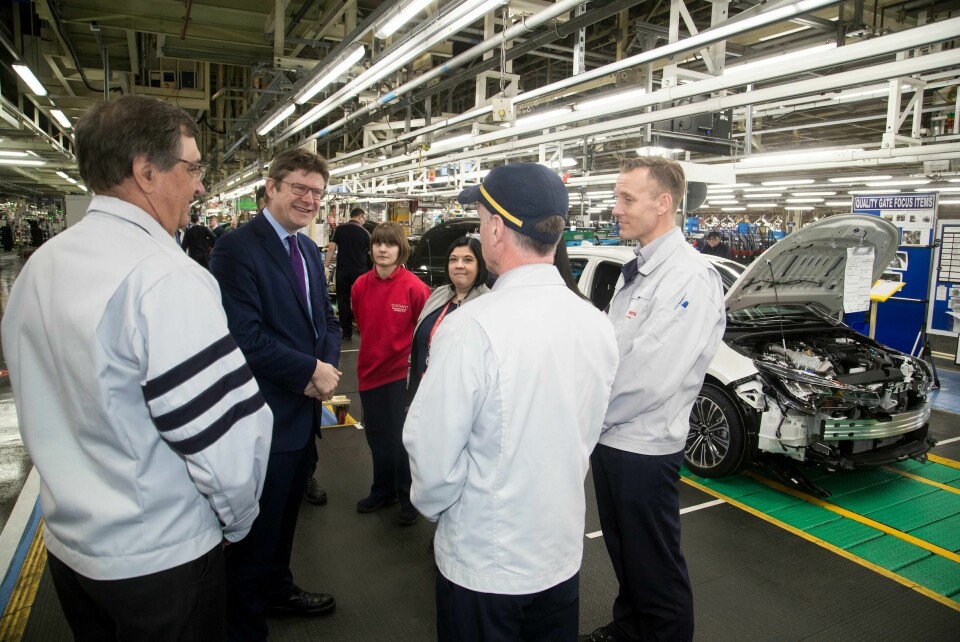
The Japanese vehicle companies
Honda has already announced it will close its UK factory by 2022, if not 2021; Nissan has reportedly been looking for buyers for its Sunderland site (unlikely though such an idea might seem). This is all happening while the new EU-Japan FTA will gradually reduce tariffs on Japanese imports to Europe to zero. Consequently, if UK-made vehicles are subject to tariffs when sold in the EU, at some point the economic case for Nissan making cars in the UK for Europe will come down to calculating if UK tariffs and other export costs amount to less than the transport and working capital costs of shipping Japanese-made vehicles to Europe.
Given the potential scale benefits that Nissan may well accrue from shifting UK production back to Japan, the case for not moving back to Japan may be difficult to sustain. By the time the decision has to be made, the current Leaf and new Juke will be beyond the mid-life stages of their current model cycles and the success or otherwise of the UK-EU withdrawal deal and its impact on the new Qashqai (due to start projection in late 2020) will be clear. To complicate the situation, Nissan Sunderland also exports engines and other powertrain parts to its factory in Spain and Renault plants across Europe; these would face tariffs when imported into Europe, reducing their competitiveness.
Meanwhile, Toyota UK started production of the new Corolla at the start of 2019 and will add a Suzuki version next year. This means the factory should be safe for at least the current programme but it, too, will face the same tariff issue as Nissan; whether Toyota decides to keep its UK plant going beyond the current model cycle will be determined the eventual nature of the UK-EU Brexit agreement and tariff and regulatory environment. And as at Nissan, Toyota exports hybrid engines from the UK to France, Turkey and indeed Japan. Import tariffs would be applied to engines sent to the EU and would further undermine the efficacy of continued production in the UK.
This article was updated on 30 January 2020


